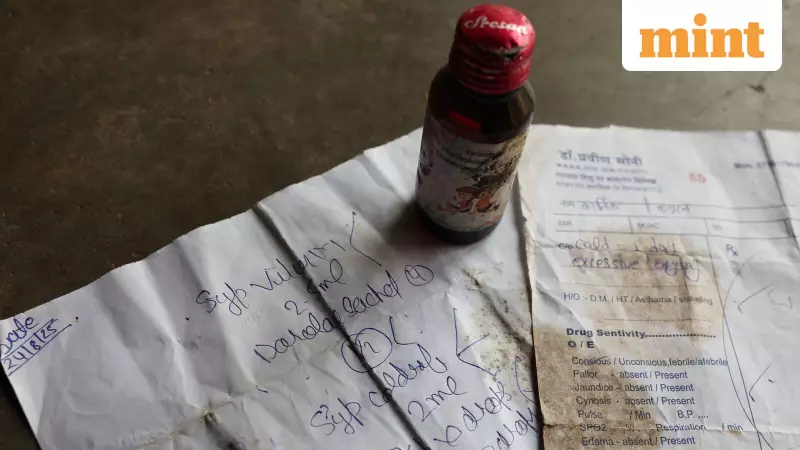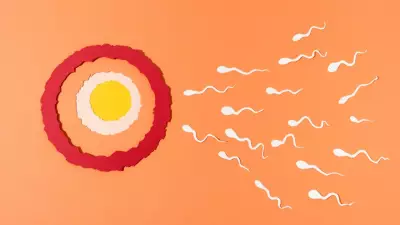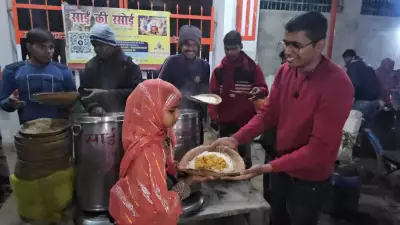
India Moves to End Unlicensed Cough Syrup Sales Following Child Deaths
India's apex drug regulator is taking decisive action to tighten rural drug sales by revoking the special "household remedy" exemption for cough syrups in small villages and remote areas. This crucial regulatory shift comes in response to recurring child fatalities caused by toxic cough syrups that have exposed significant gaps in rural drug retail and quality oversight systems.
The urgent move follows tragic incidents where at least 24 children in Madhya Pradesh and Rajasthan died earlier this year after consuming contaminated cough syrups. These deaths have prompted health authorities to address the dangerous regulatory loophole that has allowed any retailer in small communities to sell such medications without proper oversight or licensing requirements.
What Changes Under the New Proposal
The proposed regulatory amendment seeks to delete cough syrups from the "household remedy" list under Schedule K of the Drugs Rules, 1945. Currently, this exemption permits non-pharmacy outlets in villages with populations under 1,000 people to sell certain common medicines without formal drug licenses.
According to the 2011 census data, more than half of India's 641,000 villages – approximately 339,000 settlements – fall below this population threshold and would be affected by the regulatory change. A government document explicitly stated the reasoning behind this move: "In view of the recent incidences due to contaminated cough syrup, it is proposed that the exemption provided for the sale of Syrups for cough may be deleted."
The removal of this provision is currently being discussed by a top drug panel chaired by the Drugs Controller General of India (DCGI). The proposal will subsequently be presented to the Drugs Technical Advisory Board (DTAB) for further deliberation before implementing the necessary amendments to the Drugs Rules, 1945.
The Critical Regulatory Gap and Its Consequences
The tragic child deaths in Madhya Pradesh and Rajasthan were linked to diethylene glycol (DEG) and ethylene glycol (EG) contamination – industrial solvents that can cause severe kidney failure and prove fatal when consumed. Without proper licensing requirements, regulators face immense challenges in tracking supply chains or enforcing timely recalls of contaminated products.
A government official explained the critical issue: "When cough syrups are sold without a licence by local, unlicensed vendors, the drugs become untraceable back to the source in the event of contamination. This absence of accountability makes it nearly impossible for regulators to implement swift recalls or pinpoint the rogue manufacturers responsible."
The current system under Schedule K allows Over-The-Counter (OTC) products to be sold through a restricted license known as Form 20A in villages and remote areas where no licensed chemist shops are available. This provision specifically permits ordinary people running small grocery shops to sell basic drugs without technical supervision.
Industry and Expert Reactions
The Indian pharmaceutical industry, currently valued at $55 billion, includes a cough syrup market that was valued at $262.5 million in 2024 and is projected to grow to $743 million by 2035. Industry representatives have largely supported the proposed regulatory changes.
Dr. Viranchi Shah, national president of the Indian Drugs Manufacturer Association (IDMA), emphasized that while Schedule K helps expand medicine availability through exemptions, recent incidents justify removing cough syrups from this category. "Many cough syrup formulas must be used only in patients above 4 years of age," Shah noted. "The supply chain of cough syrups also needs to be strengthened. In light of these developments, it is justified to remove cough syrups from Schedule K."
Medical experts have welcomed the DCGI proposal, noting that it would curb misuse without significantly affecting healthcare access. Dr. Y.K. Gupta, former head of pharmacology at AIIMS New Delhi, stressed that contamination risks extend to other medicines like paracetamol syrup and emphasized the need for tighter quality control and adherence to Good Manufacturing Practices.
Public health expert Dr. Rajeev Jayadevan highlighted that widespread OTC access often leads people to bypass clinical advice and rely on unqualified shop staff. "Cough syrup can no longer be called a household remedy – a term that suggests it is harmless," he stated, pointing to the history of child deaths linked to contaminated syrups.
The proposed regulatory changes represent a significant step toward strengthening India's pharmaceutical safety framework, particularly in rural areas where oversight has historically been challenging. The move also aims to restore India's reputation as a reliable generic drugs supplier following previous DEG-linked child deaths in Gambia and Uzbekistan in 2022.





